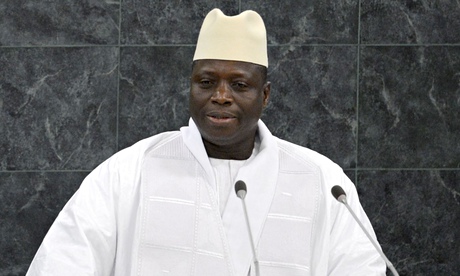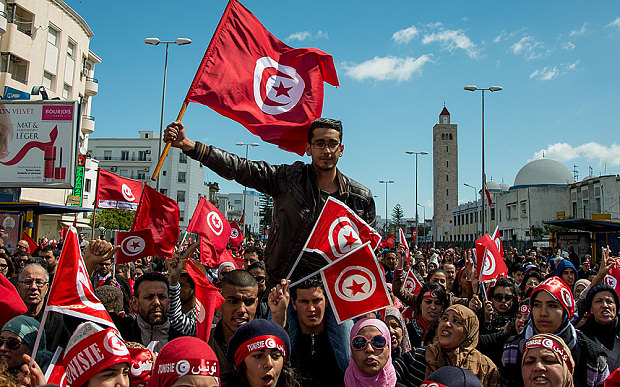 As a frontier market, the countries of Africa represent both tremendous opportunities and tremendous risks. On the risk side of the ledger are all the usual complications of international trade and investment compounded by the problems inherent in a developing, emergent continental market consisting of 54 countries and 1.1 billion people – it’s a lot to keep track of.
As a frontier market, the countries of Africa represent both tremendous opportunities and tremendous risks. On the risk side of the ledger are all the usual complications of international trade and investment compounded by the problems inherent in a developing, emergent continental market consisting of 54 countries and 1.1 billion people – it’s a lot to keep track of.
Luckily, the ups and downs of the African currency markets aren’t one of them if you know where to look. To help with that, AFKInsider has compiled all the news you need to know now in order to slim down your currency risk in the week ahead. Let’s see what’s happening out there.
Naira Devaluation
After weeks of speculation, Nigeria, Africa’s leading economy and largest oil producer, devalued its currency by 8 percent on November 25, to 168 per dollar, in an effort to contain inflation as world oil prices retreated in the last quarter of 2014.
The country’s central bank further introduced tighter trading rules to limit speculation by commercial bank traders and increased its benchmark interest rate to 13 percent to stop the naira from plunging.
There are, however, still wide spread expectations that the Central Bank of Nigeria (CBN) might devalue the naira once again if its foreign exchange reserves continue dropping.
On Wednesday, the bank banned importers from using the foreign exchange market for some goods, including private jets, rice and Indian incense, as it sought to conserve its external reserves that have fallen 16 percent this year to $29.31 billion on Monday.
Some sector players are of the opinion that CBN’s restriction and rules are only delaying the inevitable devaluation of the local currency.
First Bank of Nigeria Chief Executive Officer Bisi Onasanya told Bloomberg that the regulator needed to act quickly and devalue the naira or else Africa’s largest economy could bear the brunt.
“We need to bite the bullet and move on, or there will be repercussions over the long-term,” Onasanya told a conference at the Nigerian Stock Exchange, adding that the naira’s exchange rate should be 210 to the dollar by now and not the 198 it has stabilized around.
Already foreign investors are holding off from buying the country’s assets as they await for a devaluation of the local currency before buying equities and fixed income securities in the country.
Waiting for devaluation
According to Bloomberg, investors including Morgan Stanley, Aberdeen Asset Management Plc and Landesbank Berlin Investment have cut back their holdings in Nigerian bonds as they factor in the increasing risk of a currency devaluation that will hurt returns when converted to dollars.
“You can still expect a devaluation. I see a lot of local-currency investors waiting for that to happen before they re-enter Nigeria,” Lutz Roehmeyer, who oversees Landesbank Berlin’s $1.1 billion emerging-markets debt portfolio, told Bloomberg in April.
Weakening currencies have put regulators in several countries across the continent on a defensive mode this year. While some have resorted to hiking interest rates and placing restrictions on currency trading, others have devalued their currencies to attract foreign investments.
The naira is down more than 10 percent against the dollar this year despite repeated central bank interventions.
“What the central bank is battling is to the extent and how much the naira has to adjust. At the moment, the central bank thinks that the naira has adjusted enough, while market doesn’t think the naira has adjusted enough,” David Cowan, managing director at Citi Bank Nigeria told ThisDay.
“Whatever happens, I still think that the exchange rate would end up around 220 per dollar in late 2015,” he added.


